
[ad_1]
Last Updated:
Surprising us with a new flagship Nvidia might be closing out the 30 series lineup. So we take a look at what this new GPU entails with the comparison of the RTX 3090 vs 3090 Ti. Leading ahead we’ll see if they make our list of best graphics cards.
The recent release of the 3090 Ti is a peculiar and top-end release. And with it, Nvidia brings a lot of differences to the first 3090 and some potential next-gen tech with it. And could be a test run for the RTX 40 series with its new power connector and much larger TDP.
So we take a look at what the key differences are. As well as what that means for performance and price.

ASUS ROG STRIX NVIDIA GeForce RTX 3090
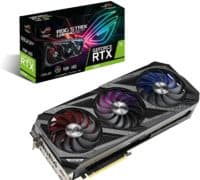

Asus GeForce RTX 3090 Ti ROG Strix LC OC
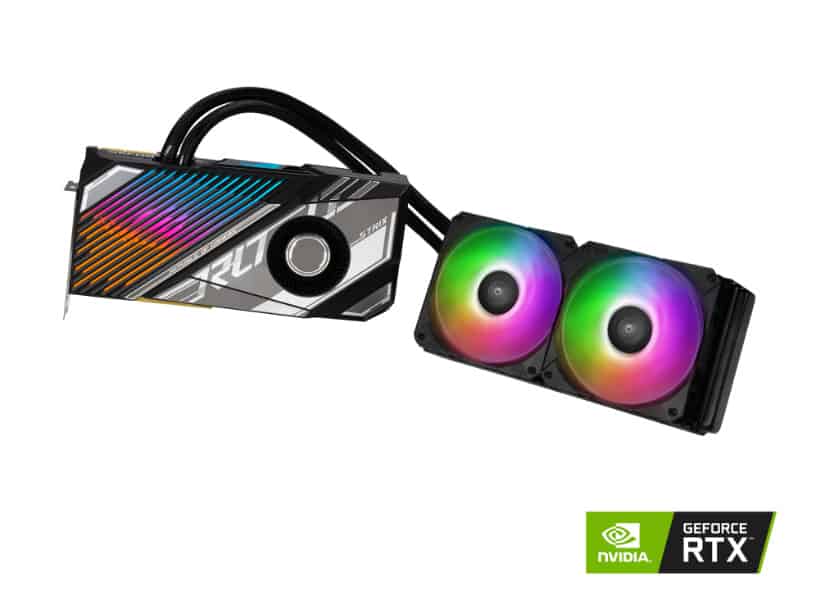
Pros
Potential for higher overclocking
Architecture
Both RTX 3090 and RTX 3090 Ti use the same base Ampere die. Its the top of the line GA102 GPU die but there will be key differences between what they have in terms of cores. As the 3090 has the lower core 300 variant while the 3090 Ti has the 350 die.
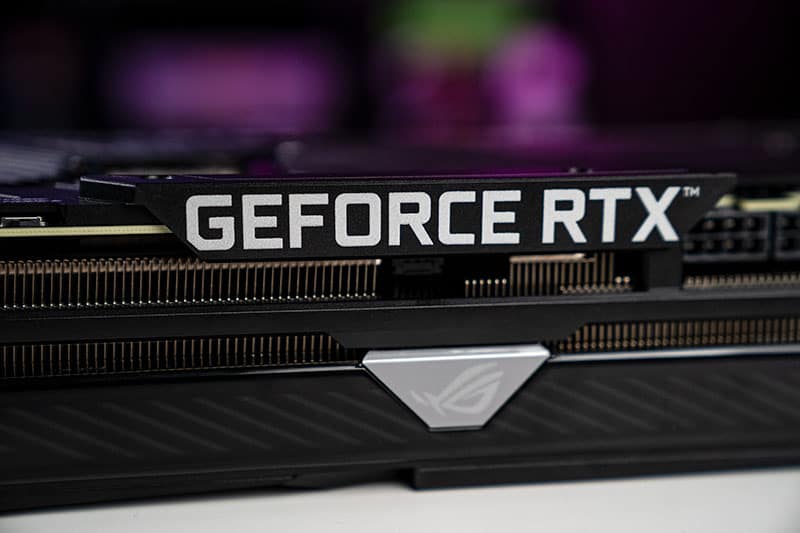
The GA102 is built using Samsungs 8nm process creating a 628mm2 die size. Fitting in 28.3 billion transistors into both of these GPUs. So the difference in the processing units will come from which cores are available to each. As well as the speed and clocks of those components.
Specifications
| RTX 3090 | RTX 3090 Ti | |
|---|---|---|
| GPU | GA102-300-A1 | GA102-350-A1 |
| Shaders | 10496 | 10752 |
| RT Cores | 82 | 84 |
| TMUs | 328 | 336 |
| Memory | 24GB GDDR6X | 24GB GDDR6X |
| Base clock | 1,395 MHz | 1,560 MHz |
| Boost clock | 1,695 MHz | 1,860 MHz |
| Memory clock | 19.5 Gbps | 21 Gbps |
| Card bus | PCIe 4.0 x16 | PCIe 4.0 x16 |
| Memory bandwidth | 936.2 GB/s | 1,008 GB/s |
| TDP | 350W | 450W |
Comparing the specifications show what the differences are between the RTX 3090 vs 3090 Ti. We go through these to compare what they mean in terms of performance and the key difference between the two.
Core count
Even though they are both made up of the same GA102 die they are variants of it. One of the key differences is how many cores and units they have of each. In the case of shaders, RT cores, and TMUs, the Ti has just 2% more.
These are specialized processing units. Respectively, they work on shadows and shading, ray tracing, and the creation of 3D models from bitmaps. With more of them and potentially clocked faster it can allow faster processing and graphics work for your display.
VRAM
Video memory is used as a frame buffer and texture map storage. An especially big factor towards larger resolutions that have to display more pixels.
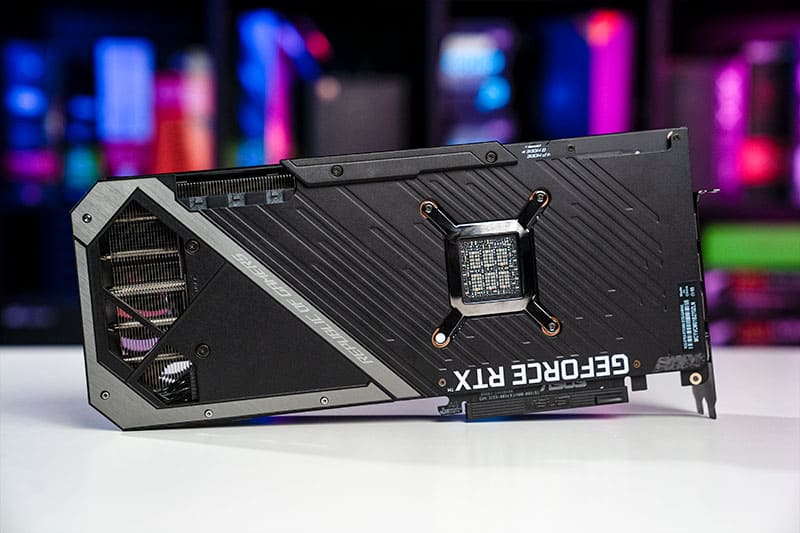
Although between the RTX 3090 vs 3090 Ti there isn’t a variance in size or type there is in clock rate. With the same GDDR6X and 384-bit memory bus, the Ti is a slightly high memory clock. With 21Gbps compared to just 19.5 Gbps. Which pushes the memory bandwidth over the 1TB/s line.
So the Ti takes the slight edge in speeds but is unlikely to affect the performance as much. Nvidia boasts 8k performance more for this card but we’re not sure anyone uses that high display yet.
Clock rates
Also known as the clock speed of the graphics card tell us how quickly it can process instructions. It is the cycle rate of the silicon found in the die and gives the speed of the processing. This in turn gives us the graphics displayed and has the ability to be overclocked to be pushed further.
Of the two it’s the Ti that comes out of the factory with the higher speeds. With a 165 MHz higher base clock rate. With the same lead in the boost capacity. This means it is likely to gain some performance over the 3090. Although unlikely to be majorly just from this one spec.
TDP
The thermal design power of the graphics card is the maximum amount of energy the GPU can consume at any time. In turn, this is turned into heat energy that needs to be dissipated by the cooling solution. With the extra cores and clock, the Ti increases the TDP by a staggering 100W.
This has led to the 3090 Ti requiring much larger cooling. The majority of the air-cooled models feature three slot coolers. With some spanning more than that or opting for water-cooled solutions.
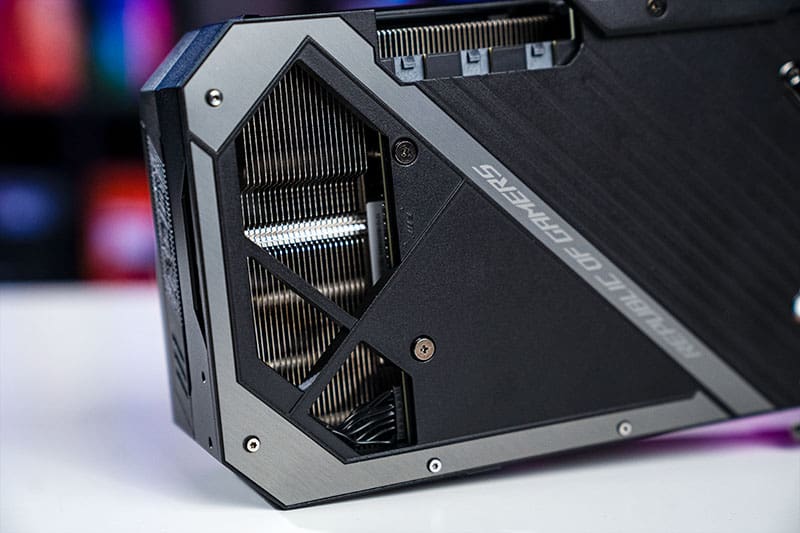
RTX 3090 vs 3090 Ti performance
Comparing the RTX 3090 vs 3090 Ti on performance there isn’t much difference between them. With the Ti only ahead by 4-10% in relative performance. With the higher gains in 4k, however, it’s not like the 3090 was already missing out in that department.
RTX 3090 vs 3090 Ti price
The big kick in the teeth is the launch price difference between the two GPUs. At release, the 3090 was already the most expensive card costing $1,499 (£1,400). Whilst the Ti now launched for a staggering $1,999 (£1,879). With custom models pushing it over the $2,000 mark.

MSI Gaming GeForce RTX 3090 Gaming X Trio 24G
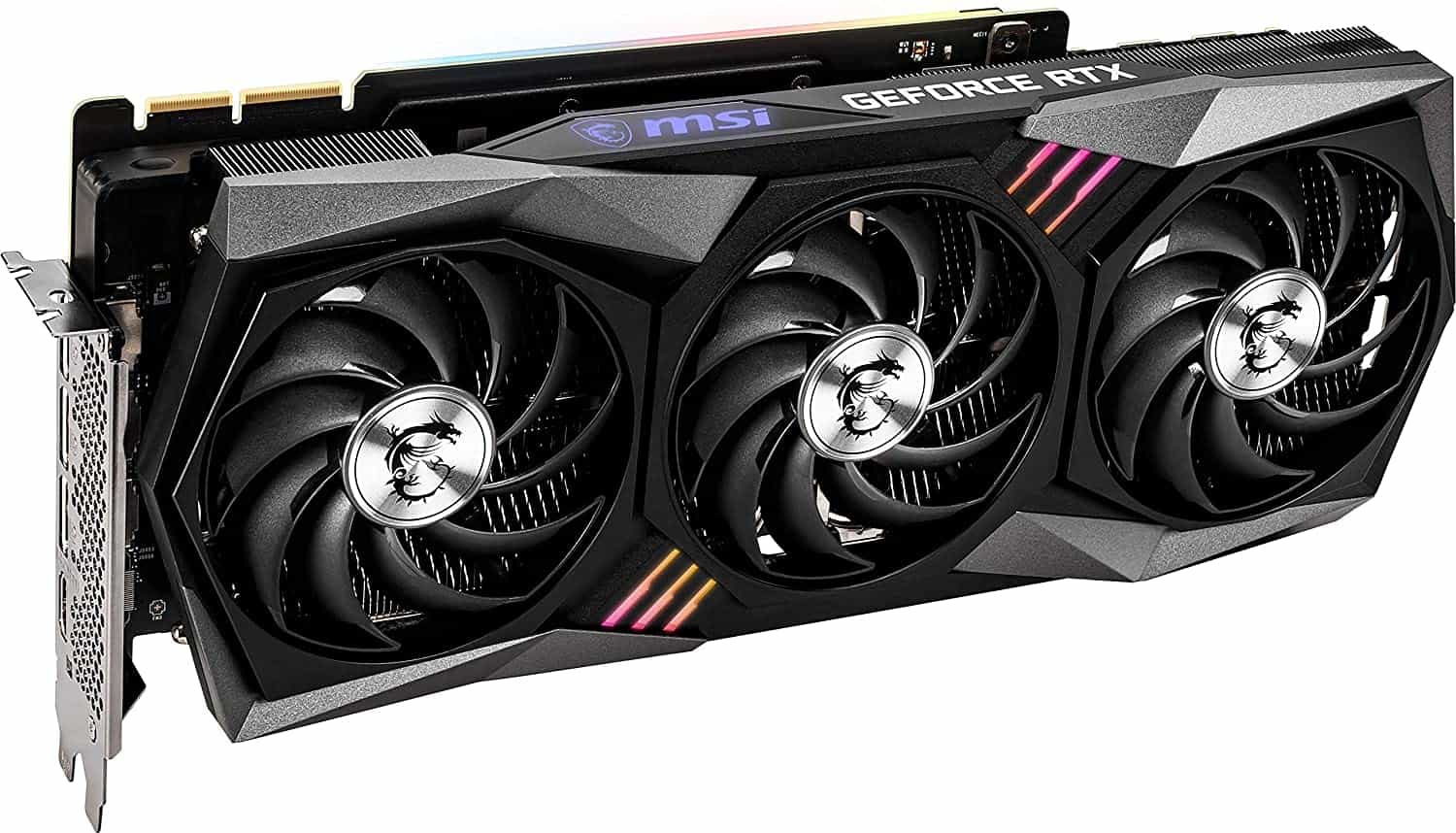
Pros
One of the most attractive RTX 3090s
Cons
On the higher end of the 3090 price spectrum

MSI NVIDIA GeForce RTX 3090 Ti SUPRIM X
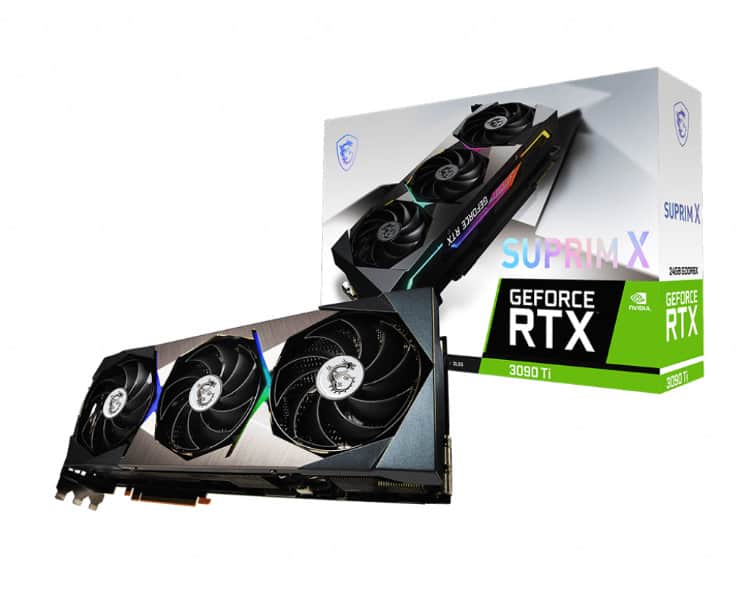
Pros
Plenty of thermal capacity
Conclusion
Overall for 3090 vs 3090 Ti, we don’t think either of these options is good for the average game. More aimed at creators these Titan class cards are a hard sell. The performance of the Ti does not give it the edge and win over the standard 3090.
It’s more likely the newest release is more focused on next-gen compatibility. With the Ti being pin-compatible with the 4080/4090 and a test for the 16 pin connector. With some offering up to two of these, it shows how power-hungry they can be.
[ad_2]






